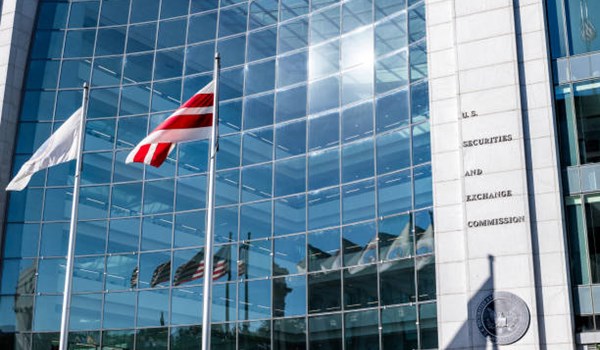Nigeria’s SEC to license digital asset providers, ensuring market regulation.
Despite a ban, Nigerian traders stay active, with SEC aiming for balanced fintech growth.
Nigeria is on the cusp of a financial revolution, driven by the rapid adoption of virtual assets such as cryptocurrencies. With the increasing interest in digital finance across the country, Nigeria’s top financial regulators are taking significant steps to harness the potential of these emerging technologies while ensuring investor protection. The recent moves by the Securities and Exchange Commission (SEC) in Nigeria to regulate and license providers of virtual assets signify a monumental shift in the country’s financial landscape.
Nigeria Move Toward Regulating Virtual Assets
In response to the burgeoning interest in cryptocurrencies and other digital assets, the Nigerian SEC is poised to issue its first set of licenses for digital service and tokenized asset providers. This initiative is part of a broader strategy to regulate the market, ensuring that it remains safe and secure for investors while tapping into the opportunities that virtual assets present. The Director-General of the SEC, Emomotimi Agama, has emphasized the importance of supporting Nigeria’s youth in leveraging the benefits of fintech, pointing out that the market’s size and potential are immense and continue to grow rapidly.
The Global Context: Nigeria Aligning with International Standards
Nigeria’s efforts to regulate its digital asset market are in line with global trends. Countries like the European Union, South Africa, and Botswana have already taken steps to establish regulatory frameworks for virtual assets. The global push for regulation gained momentum following the cryptocurrency market crash of 2022, which resulted in widespread bankruptcies, scandals, and significant losses for investors. Nigeria’s move to license digital asset providers demonstrates a commitment to aligning with international best practices while addressing the unique challenges posed by the local market.
The Impact of Nigeria Cryptocurrency Ban on Local Traders
Despite the Nigerian government’s decision to ban banks from facilitating cryptocurrency transactions due to concerns over currency manipulation, the local appetite for digital currencies remains robust. The naira has seen a sharp depreciation of approximately 70% against the dollar since June of the previous year, fueling fears that crypto traders could exacerbate the situation. In February, the government blocked access to Binance, the world’s largest cryptocurrency exchange, and pursued legal action against its executives, accusing them of illicit financial activities and speculation that harmed the national economy.
The Resilience of Nigeria’s Crypto Enthusiasts
However, the crackdown on Binance has not deterred Nigeria’s tech-savvy population. Many young Nigerians have simply shifted their activities to other platforms, such as Bitkoin Africa Inc. and Quidax, continuing to trade Bitcoin and other cryptocurrencies. According to a report by Chainalysis, the volume of crypto transactions in Nigeria surged by 9% to $56.7 billion in June 2023 compared to the previous year. The real figure may be even higher, as many transactions go unreported. Agama has highlighted the importance of establishing a formal platform for these activities, where all necessary information can be gathered, ensuring transparency and accountability in the market.
Nigeria’s SEC Vision: A Balanced Approach to Cryptocurrency Regulation
The Nigerian SEC’s approach to cryptocurrency regulation seeks to strike a balance between innovation and caution. While the agency is keen on providing a platform for legitimate digital asset activities, it remains wary of the potential for cryptocurrencies to be used in manipulating the country’s currency. By implementing a regulatory framework, the SEC aims to create an environment where virtual assets can thrive in a manner that is both secure and beneficial for the broader economy.
Conclusion
As Nigeria moves toward a more regulated environment for virtual assets, the country stands to gain significantly from the burgeoning fintech sector. The SEC’s proactive approach in licensing and regulating digital service providers will not only protect investors but also position Nigeria as a leader in the African digital finance space. The resilience of Nigeria’s crypto community, combined with the regulatory oversight, could pave the way for a more secure and prosperous financial future.



